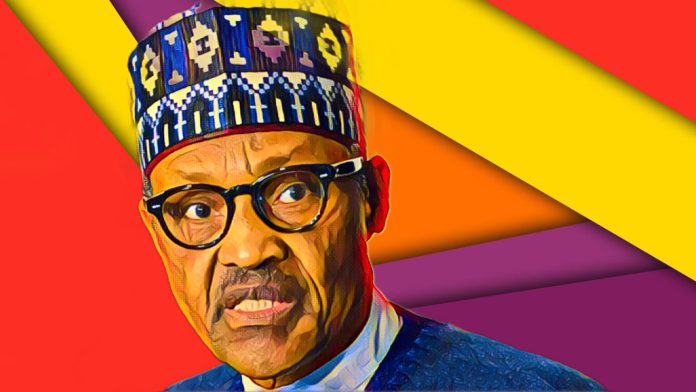Former Chairman of the Special Investigation Panel for the Recovery of Public Property, Barrister Okoi Obono-Obla, claims that high-level officials blocked several major fraud investigations during President Muhammadu Buhari’s administration.
Obono-Obla was appointed by Buhari but was removed after a few months. In an interview, he explained how powerful figures within the government forced him out. He stated, “The patrons of corruption in Nigeria, with the help of fifth columnists in the previous regime, were not at ease with my patriotic zeal, courage, and uncompromising approach.”
Among the blocked investigations was the failure of an oil company to pay $1.9 billion from an oil block purchase in 2014. Another investigation involved 80 armored Mercedes Benz cars found at a federal director’s premises in Abuja. Obono-Obla also cited cases of directors in the defunct Petroleum Equalization Fund with over $5 billion in their accounts.
Obono-Obla received directives from the former Attorney General in January 2018, instructing him on what he could not investigate. He was also barred from speaking to the media. “I disregarded these directives because they were illegal,” he said. By January 2019, he received another letter suspending the panel.
Obono-Obla investigated the illegal withdrawal of N10 billion from the National Health Insurance Scheme accounts. This led to a query from the Deputy Chief of Staff to the President, questioning his authority to conduct the investigation. Other notable cases included a $12.5 million contract awarded by the Nigerian Ports Authority and unremitted royalties by oil companies exceeding $3 billion.
Obono-Obla criticized the previous administration for treating some individuals as “sacred cows.” He said, “It was strange that a regime elected on an anti-corruption platform would victimize those fighting corruption.” He also mentioned political interference as a significant challenge faced by anti-corruption agencies like the EFCC and ICPC.
Obono-Obla revealed that the panel lacked financial backing and other resources. “The panel didn’t have an office until almost a year after it was set up,” he noted. Despite these challenges, the panel achieved significant results due to the dedication of its staff.
Obono-Obla advised President Bola Tinubu to overhaul the governance structure of anti-corruption agencies. “They should be insulated by law from political pressure and interference,” he suggested. He also called for protection for agency staff from witch hunts and victimization.
Obono-Obla faced significant personal challenges, including psychological trauma and harassment of his family. “Despite everything, I am very proud of my service records,” he said. He recounted his meeting with President Buhari, who encouraged him to continue his work despite the obstacles.
Obono-Obla’s revelations highlight the deep-rooted challenges in Nigeria’s fight against corruption. His experiences underscore the need for genuine reform and support for anti-corruption efforts.



